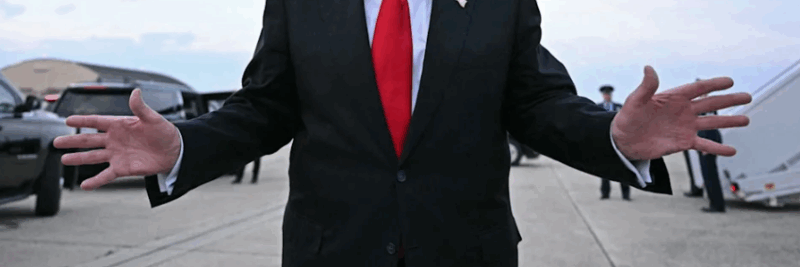UK Withholds Intel From US Over Controversial Drug Actions
In a significant shift with wide-ranging implications for U.S. counter-narcotics operations, the United Kingdom has ceased intelligence sharing with the United States regarding drug trafficking vessels in the Caribbean — a move driven by growing concerns over the legality and lethality of recent American military strikes.
The intelligence blackout, which began quietly over a month ago, marks a serious rupture in long-standing cooperation between two of the world’s closest military and intelligence allies. At the core of the decision is the U.K.'s discomfort with the U.S. campaign's evolving nature — one that has increasingly involved targeted strikes against drug boats, resulting in the deaths of at least 76 individuals, according to reports from CNN.
These interdictions, carried out under a Trump administration directive and led by the Department of War, represent a more aggressive posture in the global fight against drug trafficking. Trump officials have framed the operations as necessary strikes against vessels “operating under the control” of Venezuelan strongman Nicolás Maduro, whom the U.S. has long accused of turning his regime into a narco-dictatorship.
But for the U.K., the escalation has crossed a red line. Officials there reportedly believe the U.S. is using shared British intelligence to locate targets that are later destroyed in ways that may violate international law. By halting cooperation, the U.K. appears to be drawing a legal and moral boundary — unwilling to be complicit in operations it sees as potentially unlawful or beyond the scope of traditional counter-narcotics measures.
Legal experts in the U.S. are divided over the strikes’ legitimacy. Brian Finucane, a former legal adviser at the State Department, bluntly stated that “the strikes are not legal,” and said the Trump administration’s attempts to justify them by invoking precedents from the post-9/11 war on terror are misleading. “Those precedents are really irrelevant,” he said, noting that groups like Al Qaeda and ISIS were recognized as direct threats to U.S. national security, whereas drug traffickers — even violent ones — do not fall under the same legal category.
The legal rationale has, in part, hinged on the Trump administration’s controversial move to label certain drug trafficking organizations as foreign terrorist organizations — a designation that expands executive war powers but remains hotly contested within the intelligence community itself.
On the other side of the legal debate, scholars like Dr. Nicholas Creel argue that the strikes may well be constitutional under long-standing interpretations of executive power. “If we agree that the president has the authority to respond to attacks, who gets to define what an attack is? It has to be the president,” Creel explained. He acknowledged the legal ambiguity, but suggested that decades of precedent — from FDR to modern presidents — have stretched war powers in similar ways, and this operation is not an unprecedented departure.
Still, even Creel concedes the complexity: “Just because people are doing it doesn’t mean it’s legal,” he said. “But at the same time, if everybody is basically doing it — is it really illegal?”
This legal limbo has left a transatlantic gap. The U.K., cautious about entanglement in actions that may violate international law or create diplomatic fallout, has opted out. For the U.S., this means losing a vital intelligence stream in a region where British territories and naval assets have historically supported American efforts against narcotics trafficking.


